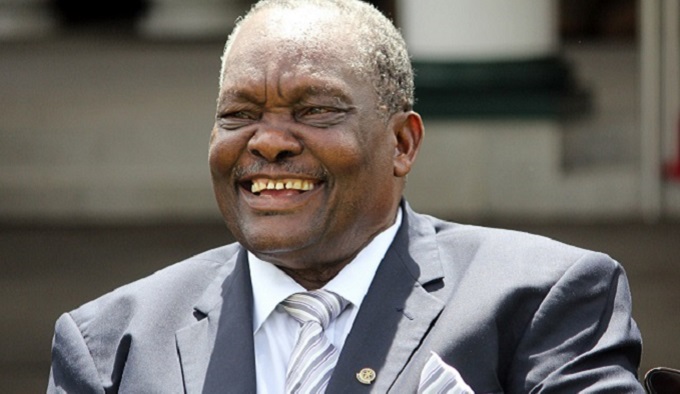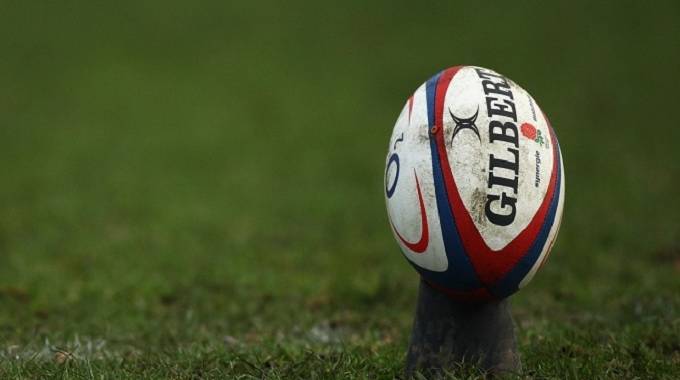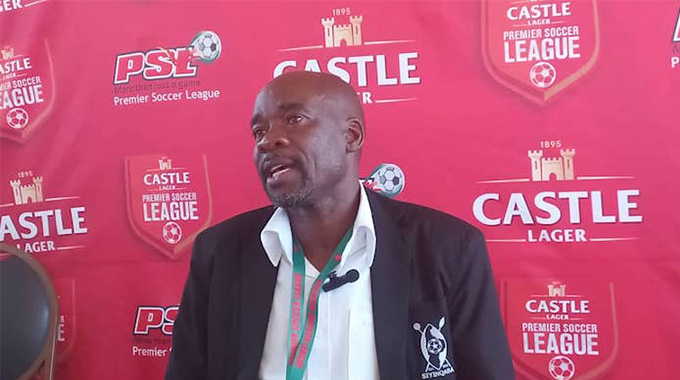Women in sports and maternity leave

Becoming the most successful athlete in World Championships history – as she did in Doha – would once have been all-consuming for Allyson Felix. The past 12 months have changed her beyond measure.
Having a baby has also given birth to the activist hidden inside her. Felix is no longer a willing participant in the “culture of silence” around maternity rights in elite athletics. She has found her voice.
Hence the three words that dominate the homepage of her personal website:
Athlete. Mother. Activist.
Felix the mother is running late. We meet on the 42nd floor of her hotel overlooking the Gulf.
With the World Athletics Championships in town, these plush surroundings are perfect for a six-time Olympic sprint champion, but not for 10-month old daughter Camryn it seems. Her body clock has yet to adjust to the Middle East and as a result Felix, 33, has been up all night.
It is not a new experience for somebody who spent most of last December sleeping in a chair in a children’s intensive care unit.
Camryn was born on 28 November 2018, weighing just 3lbs 7oz. Felix had gone into hospital for a routine check-up at 32 weeks only to be told that both she and her baby were in mortal danger.
Felix was suffering from pre-eclampsia – a potentially life-threatening condition for both mother and baby. Her blood pressure was rising while Camryn’s heart-rate was decelerating.
And so, 10 hours after arriving at hospital, Felix gave birth by emergency Caesarean to Camryn.
Ten months and one day later, Felix secured a record-breaking 12th World Championships gold medal in the 4x400m mixed relay in Doha, surpassing Usain Bolt. On Sunday’s closing day she added gold number 13 as USA won the women’s 4x400m relay.
“Last Christmas when I was in the hospital I could not have believed at all that I would be here in Doha winning medals,” she says. “This moment that was supposed to be so happy was happy, but it was also really scary and uncertain.”
Out of that uncertainty Felix found purpose. Primarily through a commitment to her daughter in the here and now that saw her spend every waking moment in the intensive care unit. But in addition, she began a two-pronged campaign of activism.
Allyson Felix (third from left) and her 4x400m mixed relay team-mates celebrating gold and a world record in Doha
May saw the normally shy Felix address a House Ways and Means Committee in the US Congress, highlighting the issue of maternal mortality among black women. In the USA, black women are nearly four times as likely to die during childbirth and twice as likely to suffer complications.
Introducing herself as “Camryn’s Mom”, Felix began her speech with the words: “I would like to share the story of the two most terrifying days of my life.” Looking back now it is no less raw.
She says: “When I was in the hospital, it was such a scary situation. I feel like I am someone who is privileged and I was in that situation and was kind of aware but not fully educated. And if I am not fully educated then there are a lot of women who aren’t fully educated as well. Speaking to Congress had to happen in order to save lives. It is way bigger than sport.”
Then Felix took on sportswear superpower Nike over maternity rights for athletes. She was involved in contract negotiations with them while dealing with her life as new mum. Nike wanted to pay Felix “70% less than before”, which she said at the time she was willing to accept.
“What I’m not willing to accept is the enduring status quo around maternity,” she wrote in a powerful New York Times article published in May. “I asked Nike to contractually guarantee that I wouldn’t be punished if I didn’t perform at my best in the months surrounding childbirth. I wanted to set a new standard. If I, one of Nike’s most widely marketed athletes, couldn’t secure these protections, who could? Nike declined.”
Felix received messages of support from women across the spectrum of the working world for speaking out. And while fellow athletes also shared their stories of discrimination, her greatest inspiration was closer to home.
“I continually thought of Camryn,” she says.
“Ever since I was a teenager growing up in the sport, silence is what I saw. Whether it was teammates or other women, it would just be [kept] under wraps. It was only once they had secured a contract they would make their pregnancy public.
“I had seen it time and time again so it got to the point where I didn’t even question it, I just thought: ‘Oh, that is how things are done.’ Until I found myself in that situation. And then I thought: ‘This is not the way things should be done and this is not right.’
“Thinking about Camryn growing up, I was just constantly thinking I wanted it to be different for her.”
It will be. In May, Nike announced changes to its maternity contracts which ensure that female athletes “will no longer be financially penalised for having a child”.
“Our voices have power,” was Felix’s simple response. That and a move away from Nike to become the face of Gap’s new sportswear brand Athleta, announced in July.
Felix with baby daughter Camryn in hospital last year
Felix has admitted she was once scared to even mention having a baby. Can she believe the transformation of the last 10 months?
“I can’t. It’s really crazy but at the same time I am so happy I have made it here,” she says.
“I hope that we have seen a bit of change and that women can decide when they want to start a family. If they choose to wait then that’s great or if they choose to have a family early on then that is also great. But that is also about them deciding what is right for their family and not because of any demands of a sponsor or any financial penalty or any of that.
“To me it is so much bigger than track and field. That is my passion and I love the sport but I love that it has given me a platform to talk about issues that change lives.
“That is where I find the most meaning. I never could have imagined it but I am sure glad it’s happened.”
Just saying the word “activist” now brings a smile to the American’s face.
“That has been the area that I have seen the most growth,” Felix says. “Before I was definitely worried about what the reaction might be to my opinion. The backlash or what the consequences would be.
“But we are talking about the next generation. I don’t want anyone else to have to go through the situation that I went through. When I think about the word legacy those are the things I want to change and those are the things I want to be remembered for. And sometimes you have just got to be in a difficult situation or position to make some progress.”
Felix has always been a big fan of keeping training diaries throughout her career, but life as a new mum has ensured this season’s log has more gaps than she could have ever imagined. In that context, Felix must surely be proud of her achievements – on and off the track.
“I am usually very hard on myself and I still am,” she says.
“But I think this year has been really difficult for me and I am proud of myself. I am still very critical of the athlete side because to me I still feel like it is all coming very slowly. But when I’m able to look back and realise that my health was in question not too long ago then I just have to be grateful.”
Grateful as an athlete – with six Olympic golds and counting. Grateful as a mother – with a healthy child. Grateful as an activist – with a newly-discovered voice she has every intention of using.
Not grateful to be asked to rank her trio of responsibilities.
“I think that is an impossible question,” she says. “Mother I would have to rank as number one for sure. As a mother you just figure things out. You have no choice because someone is depending on you.
“That piece is kind of ready.
“And then I feel like athlete and activist are coming hand in hand. Athlete is my job but I almost feel like activist is my responsibility. And a privilege as well. Any opportunity I have to speak out I will.” BBC.











Comments